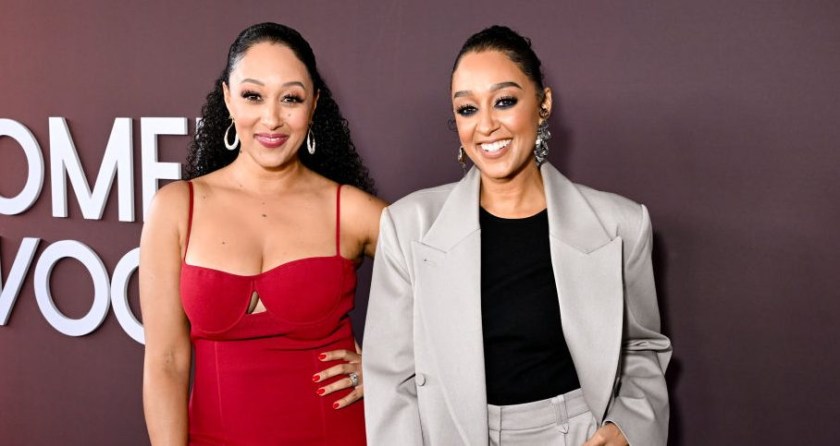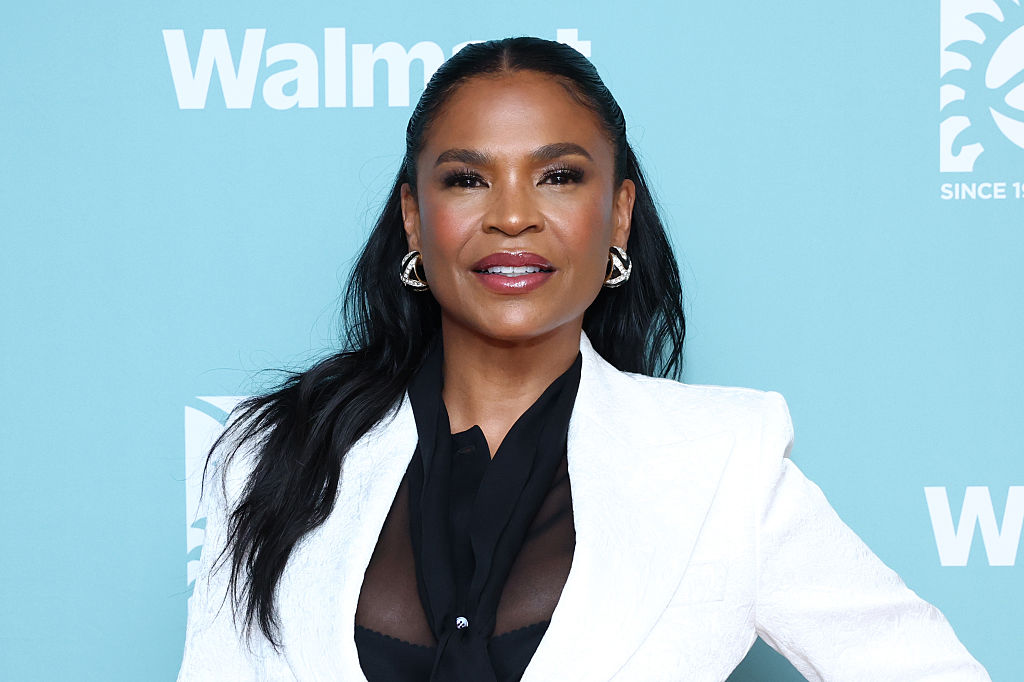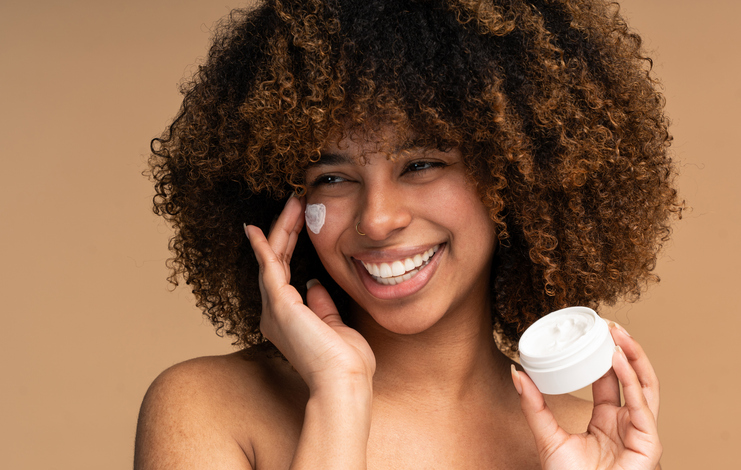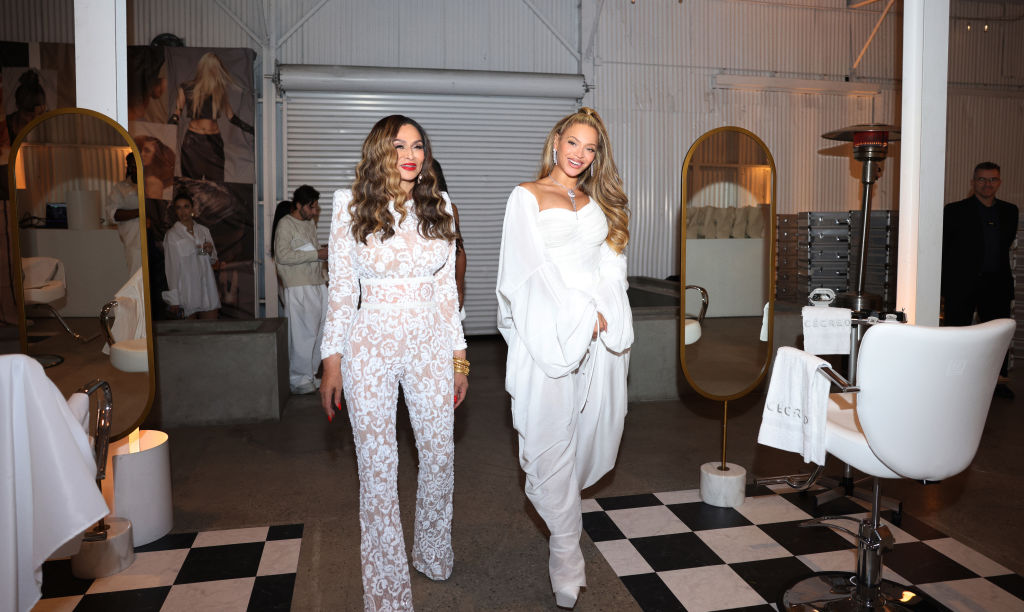Dr. Kre Helps Black Women Navigate Healthcare Disparities
Dr. Kre Helps Black Women Navigate Healthcare Disparities In Honor Of Women’s Health Month [Exclusive]
Share the post
Share this link via
Or copy link
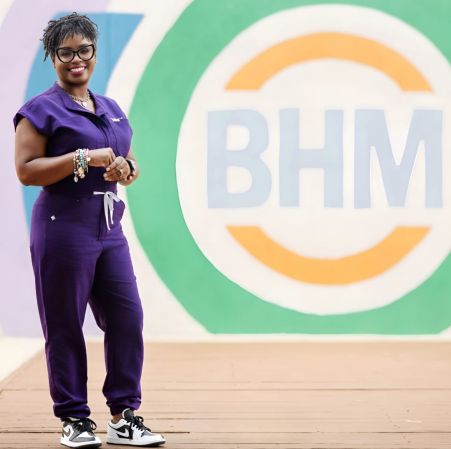
Dr. Ankrehah Trimble Johnson, —known affectionately as Dr. Kre—is a board-certified family medicine physician, speaker, life coach, and fierce advocate for women’s health. Based in Birmingham, Alabama, she owns and operates Brownstone Healthcare & Aesthetics and serves as Medical Director of the Living Well PrEP Clinic. Through her nonprofit, Three Twenty Girls, Inc., she empowers young women in STEM and medicine. In this exclusive MadameNoire interview, Dr. Kre opens up about mental health, healthcare disparities, and the importance of self-advocacy.
MadameNoire: What inspired your mission to champion both mental and physical health for women?
Dr. Kre: I grew up in Perry County, Alabama, near Selma, the heart of the Civil Rights Movement. My father was a pastor, and I’d accompany him on hospital visits. That early exposure sparked my curiosity, and I’ve wanted to be a doctor since I was 4. Watching him care for people deeply impacted me, and that shaped my mission today.
How has your personal experience shaped your approach to holistic healthcare for women?
My path was nontraditional. I launched my own practice right after residency and got married soon after—zero stars, don’t recommend doing both in the same [timeframe]! I worked nonstop and loved it, but when my 4 year old daughter asked, “Are you going to work again?” it hit me. I realized I needed boundaries to be present as a mom and wife. That was my wake-up call.
May is Mental Health Awareness Month. What are some silent signs of mental health struggles that women often ignore?
Things like persistent anxiety, nausea, excessive sweating, or rapid heartbeats are often dismissed as stress. Many of us are high-functioning in our depression. We’re fine at work, but we get home, crawl into bed, and stay there all weekend. That’s not normal. If you constantly want to isolate or feel exhausted, it’s time to take a closer look.
Let’s talk about the myth of the strong Black woman. How is that affecting our mental health?
We were raised by women who were strong, but we didn’t see their struggles. They cried behind closed doors. Now, we carry those invisible expectations to be superwomen. We need to break that cycle. It starts by building a tribe—a support system where we can vent, laugh, cry, and just be. That community care is mental healthcare.
What are your top three tools for checking in with our mental health?
First, journal your wins daily. Not a dear diary—just a list of small victories. Second, use affirmations. Write them on your mirror so you see them even when you can’t recall them. Third, share your wins with someone else. Celebrate yourself.
Many women feel dismissed at doctor visits. How can they advocate for themselves more boldly?
Write everything down. Go in with a list of concerns and questions. Don’t just show up because someone told you to. Be curious—ask about screenings, risk factors, anything relevant to your family history. And don’t be afraid to switch doctors if you feel like you’re not being heard.
RELATED CONTENT: The Truth About The ‘MIND Diet’ And Why It’s Good For Black People
Speaking of screenings, what should be on every woman’s radar?
Start mammograms around age 35 for a baseline. Colonoscopies should begin at 45. Pap smears should start in your 20s and be paired with HPV screenings. There’s an HPV vaccine for women under 45, which helps prevent cervical, throat, and head/neck cancers. Also, know your family history—if your mom had breast cancer at 35, you may need a mammogram at 25.
What would you suggest women do when facing a difficult diagnosis?
Join a support group. Seeing someone like you survive can give you hope. Bring a family member to every important appointment—you need that second set of ears. Choose providers who are supportive, not dismissive.
What does living well look like beyond the exam room?
It means prioritizing yourself. Schedule time for you and stick to it. Move your body—30 minutes a day, even if it’s just walking. Drink your water. And most importantly, mind your business—carrying other people’s stress will burn you out.
How can women realistically make space for self-care?
Put it on your calendar. Just like you prioritize everyone else’s athletic games and recitals, prioritize your own peace. Protect that time. Normalize rest. Resting isn’t lazy—it’s necessary.
What health conversations do we need to have more openly?
Sexual health. We need to talk to our daughters, our girlfriends, and our doctors about everything from periods to PrEP. HIV is still a major risk for Black women. PrEP is a once-a-day pill that helps prevent HIV. It doesn’t mean you’re loose. It means you’re informed and protected.
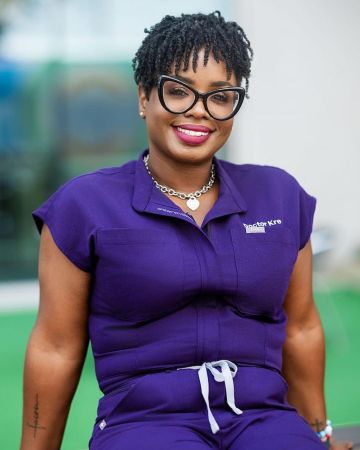
You’re the Medical Director of the Living Well PrEP Clinic. Why should more women consider it?
Many women assume they’re in monogamous relationships. Reality is, you can only account for your actions. With rising rates of HIV among Black women, especially due to down-low partners, PrEP is smart protection. No stigma, just safety.
You also founded Three Twenty Girls, Inc. Why is that work meaningful?
We started it to honor Cortland Arrington, a high school senior who was killed by gun violence just before graduation. She wanted to become a nurse. We now offer scholarships and mentorship to young women in Birmingham City Schools, especially those pursuing medicine or STEM. It’s my way of reaching back.
For the woman who feels overwhelmed and unseen, what do you want her to know right now?
You are not alone. Every woman has felt what you’re feeling. The key is to take the next small step—and don’t do it alone. Find your tribe. Build your support system. You’re not meant to carry it all by yourself.
Follow Dr. Kre on Instagram @doctorkre
RELATED CONTENT: The Blood Type Diet: Here’s How Eating For Your Blood Type Can Be Beneficial







